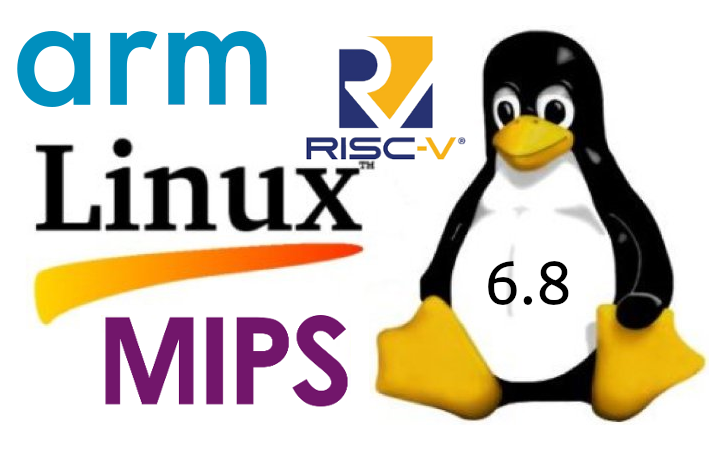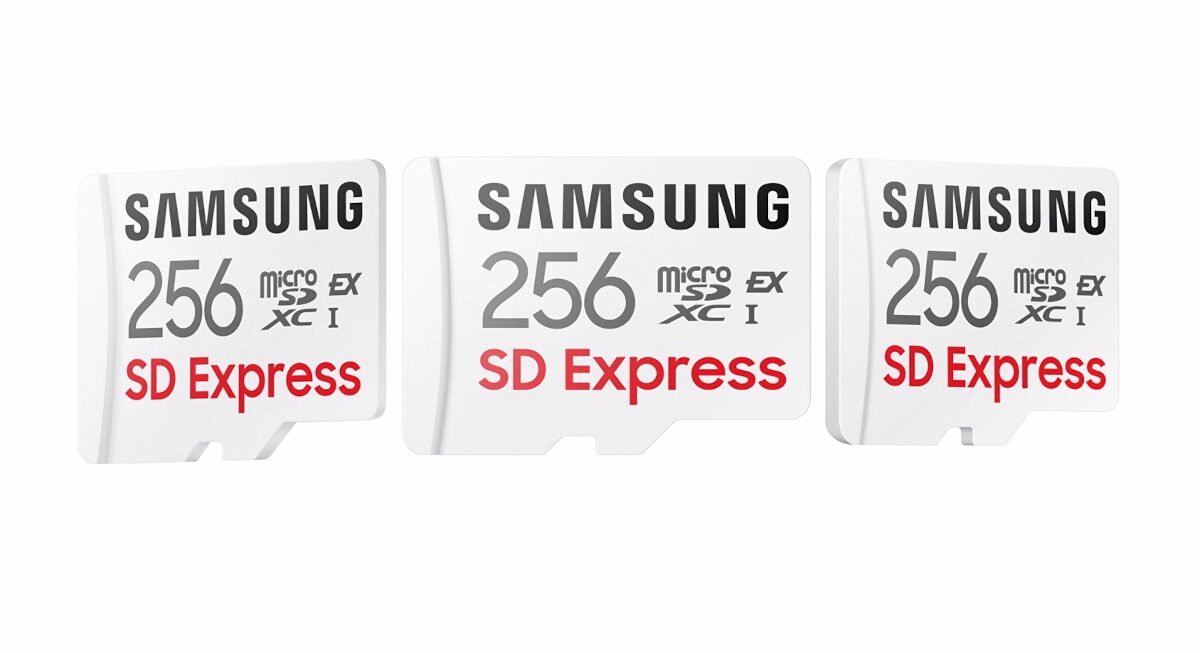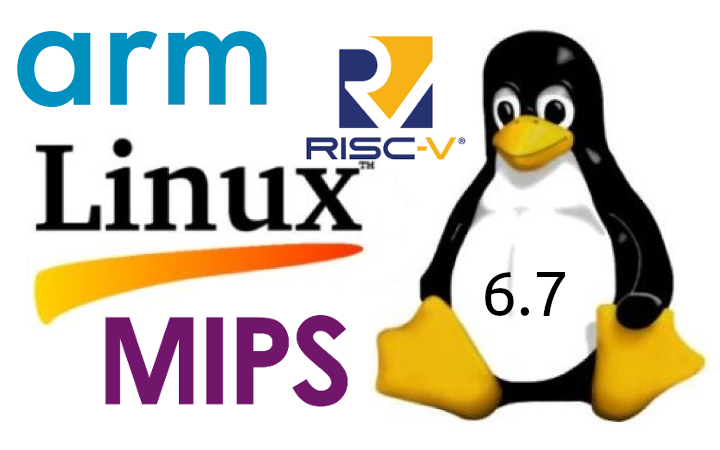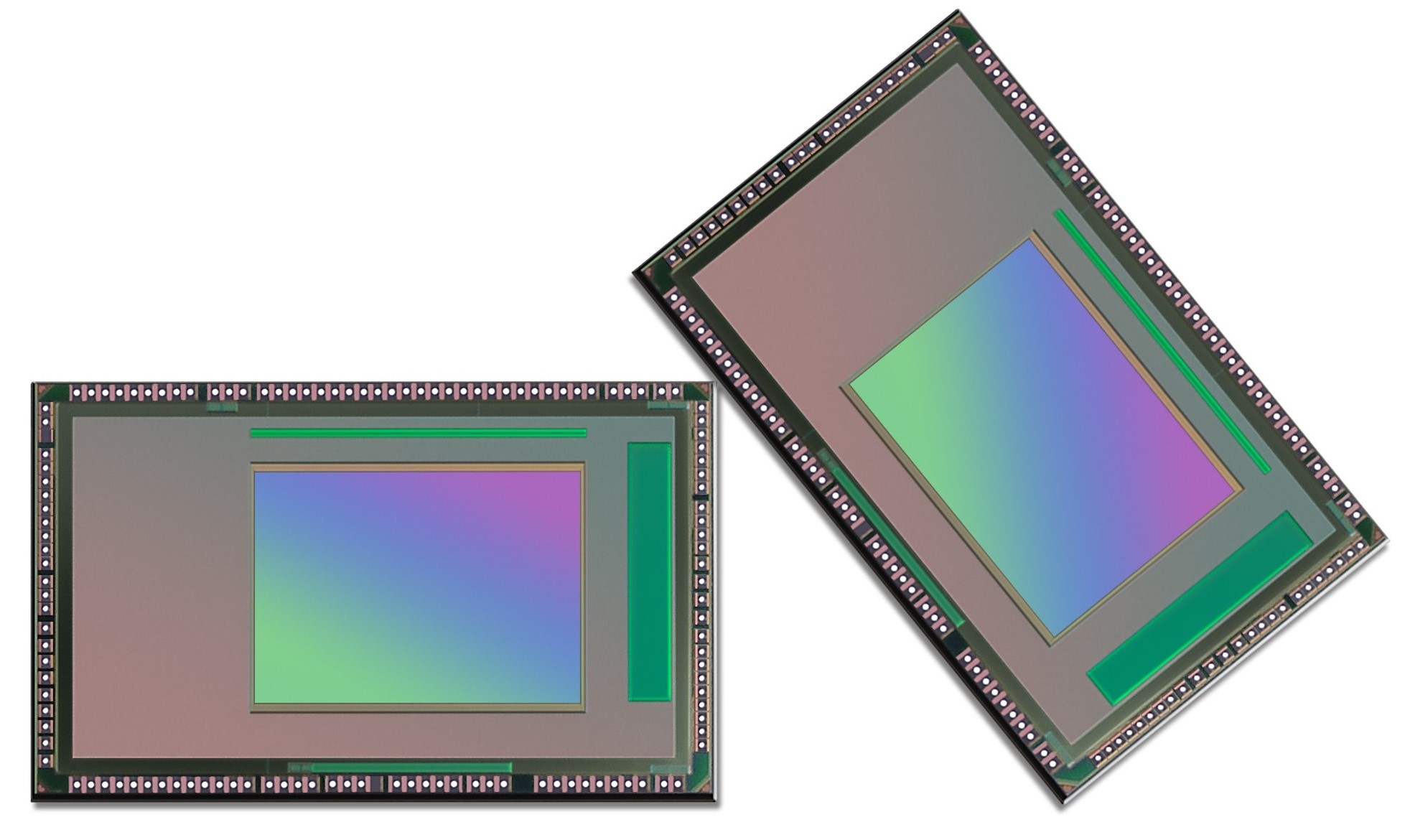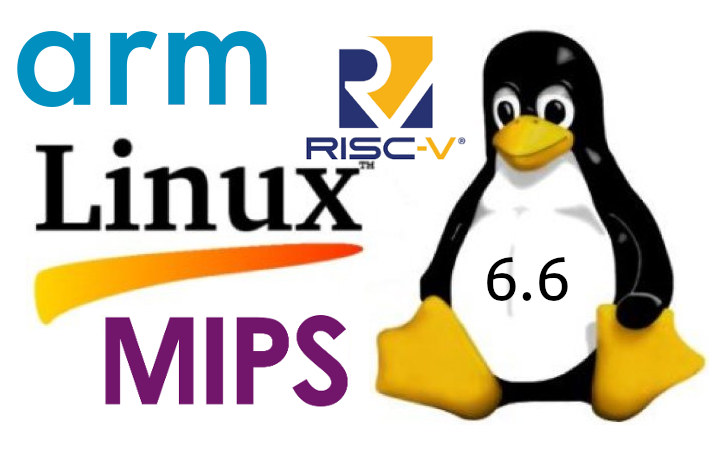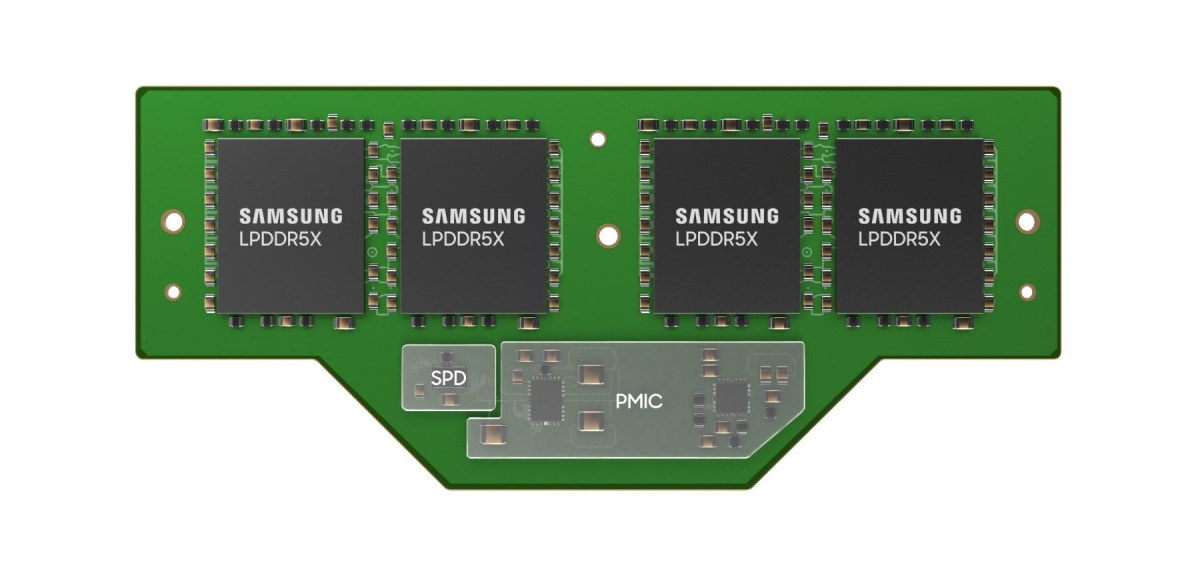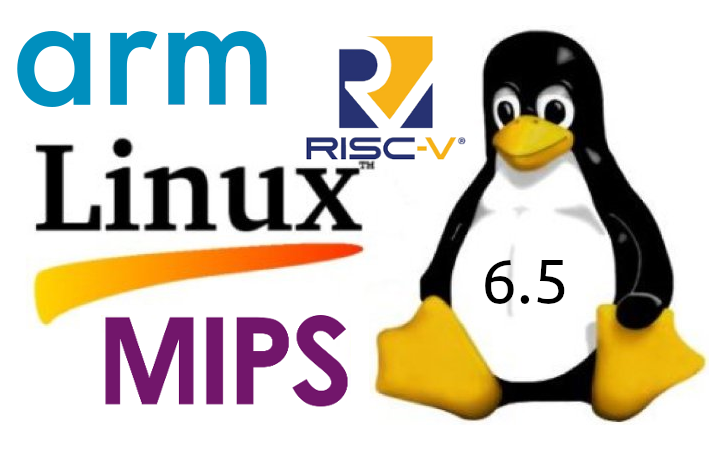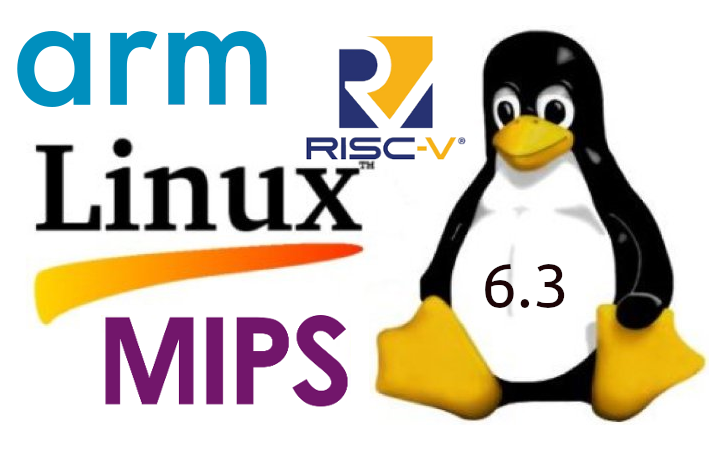Linus Torvalds has just announced the release of Linux 6.8 on the Linux kernel mailing list: So it took a bit longer for the commit counts to come down this release than I tend to prefer, but a lot of that seemed to be about various selftest updates (networking in particular) rather than any actual real sign of problems. And the last two weeks have been pretty quiet, so I feel there’s no real reason to delay 6.8. We always have some straggling work, and we’ll end up having some of it pushed to stable rather than hold up the new code. Nothing worrisome enough to keep the regular release schedule from happening. As usual, the shortlog below is just for the last week since rc7, the overall changes in 6.8 are obviously much much bigger. This is not the historically big release that 6.7 was – we seem to […]
Samsung unveils 256GB microSD Express card with up to 800MB/s read speeds
Samsung has just started sampling its 256 GB SD Express microSD card (aka microSD Express card) with a sequential read speed of up to 800 MB/s through its PCIe/NVMe interface. The SD Express standard was first introduced in the SD specification ver 7.0 in 2018 adding pads for PCIe/NVMe interfaces in full-sized SD cards before the microSD Express standard was introduced in the SD 7.1 specification the following year. Since then, the SD association further improved the standard promising ever faster SD Express speeds up to 4GB/s and microSD Express speeds up to 2GB/s. Saying the adoption of the new SD Express and microSD Express standards has been slow would be an understatement, and the Samsung 256GB microSD Express card looks to be the world’s first such storage device. Looking at full-size SD Express cards, I could only find one on Amazon for $59.99 with 256GB capacity, 820 MB/s read […]
Linux 6.7 release – Main changes, Arm, RISC-V, and MIPS architectures
Linus Torvalds has just announced the release of Linux 6.7, following Linux 6.6 LTS a little over two months ago: So we had a little bit more going on last week compared to the holiday week before that, but certainly not enough to make me think we’d want to delay this any further. End result: 6.7 is (in number of commits: over 17k non-merge commits, with 1k+ merges) one of the largest kernel releases we’ve ever had, but the extra rc8 week was purely due to timing with the holidays, not about any difficulties with the larger release. The main changes this last week were a few DRM updates (mainly fixes for new hw enablement in this version – both amd and nouveau), some more bcachefs fixes (and bcachefs is obviously new to 6.7 and one of the reasons for the large number of commits), and then a few random […]
Samsung announces ISOCELL Vizion 63D and Vizion 931 sensors for robotics and extended reality applications
Samsung Electronics, the world’s second-largest technology company by revenue, has introduced two new camera sensors in its ISOCELL Vizion lineup, the Vizion 63D and the Vizion 931. The Vizion 63D is the world’s first indirect time-of-flight (iToF) sensor with an integrated depth-sensing image signal processor (ISP) according to the company, and is tailored for capturing high-resolution 3D images. The Vizion 931 is a global shutter sensor that has been optimized to capture rapid motion without visible distortion. The 63D is an indirect time-of-flight sensor that measures the phase shift between emitted and reflected light and uses this measurement to construct a 3D map of its surroundings. It features an integrated image-signal processor that performs depth sensing and can reportedly process images at up to 60 frames per second in QVGA resolution (320×240). Vizion 63D captures images at a pixel size of 3.5 µm (the industry’s smallest in iToF sensors, according […]
Linux 6.6 LTS release – Highlights, Arm, RISC-V and MIPS architectures
The Linux 6.6 release has just been announced by Linus Torvalds on the Linux Kernel Mailing List (LKML): So this last week has been pretty calm, and I have absolutely no excuses to delay the v6.6 release any more, so here it is. There’s a random smattering of fixes all over, and apart from some bigger fixes to the r8152 driver, it’s all fairly small. Below is the shortlog for last week for anybody who really wants to get a flavor of the details. It’s short enough to scroll through. This obviously means that the merge window for 6.7 opens tomorrow, and I appreciate how many early pull requests I have lined up, with 40+ ready to go. That will make it a bit easier for me to deal with it, since I’ll be on the road for the first week of the merge window. Linus About two months ago, […]
Samsung LPCAMM integrates LPDDR RAM on removable modules
Samsung has unveiled a new type of removable memory module called the LPCAMM (Low Power Compression Attached Memory Module) with LPDDR designed for PCs and laptops, and the company expects them to eventually be used in servers found in data centers. I would also not be surprised to find them in embedded systems in the future, for example in an updated COM Express standard. Laptops typically come with either low-power DDR (LPDDR) soldered to the motherboard or SO-DIMM modules with DDR memory chips, but there weren’t any removable modules with low-power memory so far, and Samsung LPCAMM changes that. The new LPCAMM module will initially be fitted with LPDDR5X chips and deliver a 50% performance boost (up to 7500 MT/s), improve power efficiency by 70%, and reduce the mounting area by 60% (78 x 23mm) compared to SO-DIMM modules A main factor in reducing the area required is that two […]
Linux 6.5 release – Notable changes, Arm, RISC-V and MIPS architectures
Linus Torvalds has just announced the release of Linux 6.5 on the Linux Kernel Mailing List (LKML): So nothing particularly odd or scary happened this last week, so there is no excuse to delay the 6.5 release. I still have this nagging feeling that a lot of people are on vacation and that things have been quiet partly due to that. But this release has been going smoothly, so that’s probably just me being paranoid. The biggest patches this last week were literally just to our selftests. The shortlog below is obviously not the 6.5 release log, it’s purely just the last week since rc7. Anyway, this obviously means that the merge window for 6.6 starts tomorrow. I already have ~20 pull requests pending and ready to go, but before we start the next merge frenzy, please give this final release one last round of testing, ok? Linus The earlier […]
Linux 6.3 release – Notable changes, Arm, RISC-V and MIPS architectures
Linux Torvalds has just announced the release of Linux 6.3 on the Linux Kernel Mailing List (LKML): It’s been a calm release this time around, and the last week was really no different. So here we are, right on schedule, with the 6.3 release out and ready for your enjoyment. That doesn’t mean that something nasty couldn’t have been lurking all these weeks, of course, but let’s just take things at face value and hope it all means that everything is fine, and it really was a nice controlled release cycle. It happens. This also obviously means the merge window for 6.4 will open tomorrow. I already have two dozen pull requests waiting for me to start doing my pulls, and I appreciate it. I expect I’ll have even more when I wake up tomorrow. But in the meantime, let’s enjoy (and test) the 6.3 release. As always, the shortlog […]


